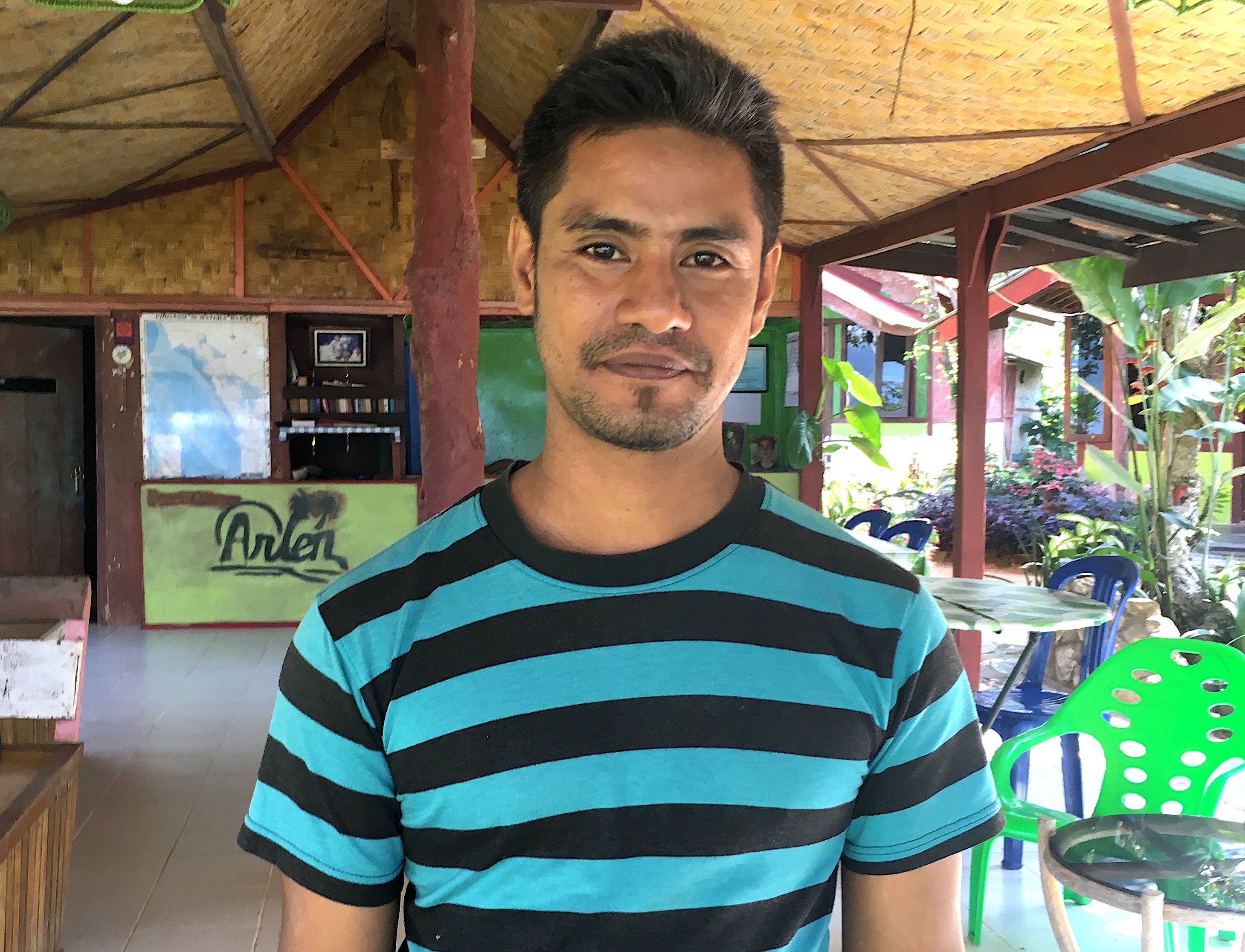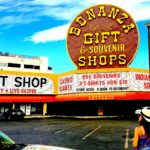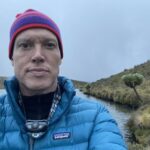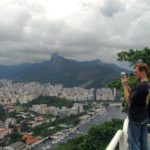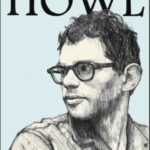People of Sumatra #9: Zul (aka Bandalo). Arlen Nova’s Paradise Homestay has been on the shore of Lake Maninjau for nearly a quarter-century now, though Zul has only been the manager for the past few years.
As with most of the people who live in this part of Sumatra, Zul is Minangkabau, which is the world’s largest remaining matrilineal culture. The women here own the property, which is passed down from mother to daughter, and women arrange the marriages. When Zul got married, he got a new name, Bandalo. He tells me to just call him Zul.
Minangkabau culture may be matrilineal, but it’s also Islamic, which means that Zul’s wife doesn’t interact much with male guests, even though she is a full partner in the enterprise. (This cultural separation is, by the way, a big reason why more men than women feature in my People of Sumatra profiles.)
Arlen Homestay was initially designed with Western backpackers in mind, back in the heyday of the Banana Pancake Trail, which connected Lake Maninjau to Thailand (via Bukittinggi, Lake Toba, and Singapore/Malaysia) in one direction, and Bali (via Java) in the other.
Fewer backpackers come through this part of Indonesia these days, and Zul speculates that it has something to do with shorter visas and cheaper airfares. Whereas a previous generation of travelers overlanded from Bangkok to Bali, many travelers now find it simpler to just fly.
Zul says Arlen Homestay was founded by a German, but the only vestige of its previous owner is the fact that (unlike other area homestays I’ve visited) the bill must be paid in advance. The rooms feature Western-style toilets and showers, but so far as I could tell, none of them work. I wind up using a water-scoop to bathe (and flush the toilets), Sumatran-style.
On the night I stay a group of young Sumatrans have paid about $1 to pitch their tent on the beach in front of Arlen Homestay. They break out a guitar, and Zul goes down to join them when they start singing.
When I show Zul a time-lapse video of the sunrise over Lake Maninjau, thinking he’d be impressed by the iPhone technology, he just shrugs. “I know, it’s beautiful,” he says. “I see that every day. At normal speed.”
Note: “Dispatches” are short vignettes, profiles, and mini-essays written and posted from the road, often in tandem with my Instagram account. For more full-formed writing, check out my book Marco Polo Didn’t Go There, or the Essays or Stories archives on this site. I don’t host a “comments” section, but I’m happy to hear your thoughts via my Contact page.

